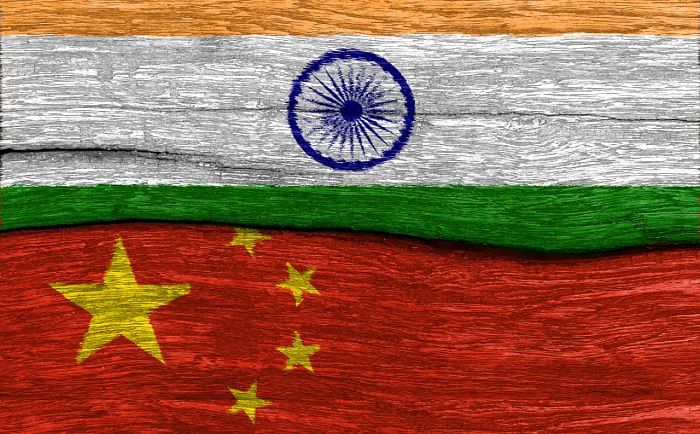
India has finally agreed with China for a temporary moratorium on patrolling on the northern bank of Pangong Tso, notwithstanding concerns among its military strategists over implications of such a deal.
An element of the deal that New Delhi and Beijing have clinched for withdrawal of troops from the face-off points on the banks of Pangong Tso is the “temporary moratorium” on “military activities” by both Indian Army and the Chinese People’s Liberation Army (PLA) on the North Bank, “including patrolling to the traditional areas”, according to the statement Defence Minister Rajnath Singh made in the Rajya Sabha on Thursday.
The spurs of the mountain range on the northern bank of the Pangong Tso jut towards the lake like the fingers of the palm, with the Finger 1 at the western end and the Finger 8 at the eastern end.
The Indian Army earlier regularly sent soldiers from its permanent base at the Dhan Singh Thapa Post near Finger 3 for patrolling all the way up to Finger 8. But it had to suspend patrolling after its troops had a scuffle with the Chinese PLA soldiers near Finger 4 in the first week of May 2020.
The PLA later built bunkers and observation posts and deployed additional troops in the area – thus denying access to the Indian Army to its earlier patrolling limit at Finger 8, which also marked the LAC as perceived by New Delhi.
China, however, claims that the LAC, after cutting through the lake, goes through the Finger 4.
The scuffle between Indian and Chinese soldiers on the northern bank of Pangong Tso was among the flashpoints that triggered the stand-off, which brought the relations between the two neighbouring nations to a new low over the past 10 months.
Beijing’s demand for a moratorium on patrolling on the northern bank of Pangong Tso has been a sticking point in its negotiation with New Delhi for the past several months, as a section of the Indian Army’s top brass had reservation about accepting the proposal put forward by the Chinese PLA.
Sources in New Delhi said that a section of India’s military strategists had been sceptical about China’s proposal as they had feared that the communist country would later use the moratorium on patrolling to buttress its claim on the entire stretch from Finger 4 to Finger 8.
Some of them had also argued that if New Delhi accepted Beijing’s proposal, it would be tantamount to giving in to the aggressive moves made by China to unilaterally change the status quo in the area and to occupy the territory of India, sources told the DH.
Prime Minister Narendra Modi’s government, however, finally gave its nod for the “temporary moratorium” on patrolling – apparently in order to clear the way for disengagement of troops and resolving the stand-off, beginning with Pangong Tso.
Singh said in the Rajya Sabha that the patrolling on the northern bank of Pangong Tso would be resumed only when both sides would reach an agreement in diplomatic and military talks that would be held subsequently.
The moratorium on patrolling will result in a buffer zone between Finger 3 and Finger 8 on the northern bank of the Pangong Tso (lake), just like the one created in Galwan Valley where the Indian Army and the Chinese PLA had disengaged a few days after the violent face-off on June 20 last year.
Eminent strategic affairs analyst, Brahma Chellaney, called the deal New Delhi and Beijing had agreed upon for disengagement of troops on the banks of Pangong Tso as a “win-win” for China.
He pointed out in a tweet that China had been asking India to agree to a disengagement deal that would only be limited to both banks of the lake, not other face-off points on the LAC.
He also added that the Buffer Zone created as a result of the moratorium on patrolling between Fingers 3 and 8 included not only disputed areas but also a swath of undisputed territory of India.
“India is retreating further back in its own territory, to its post between Fingers 2 and 3,” he posted on Twitter.
